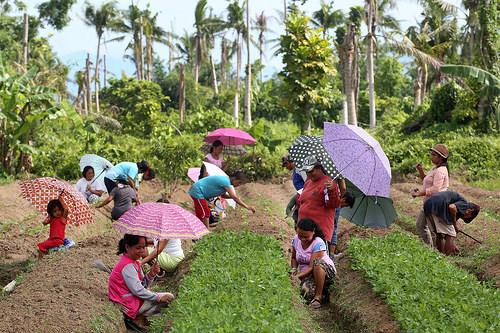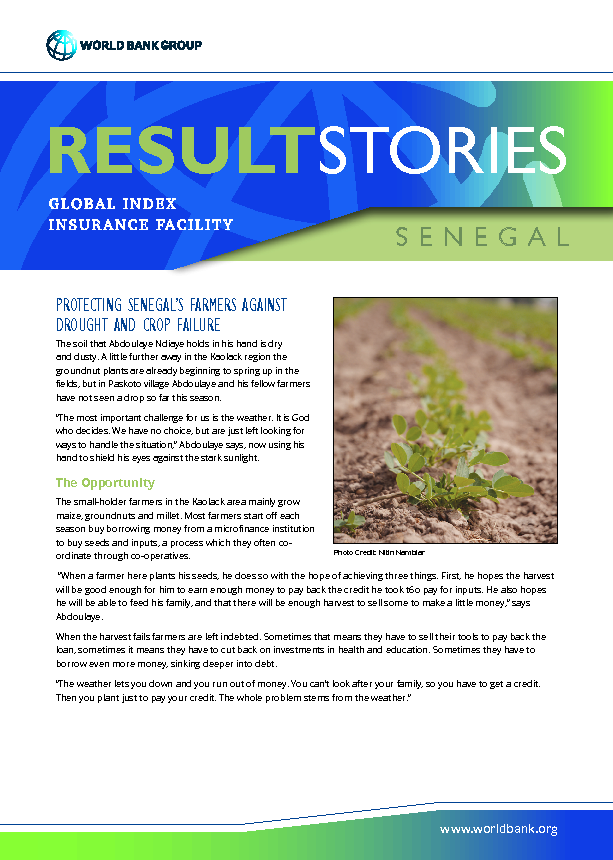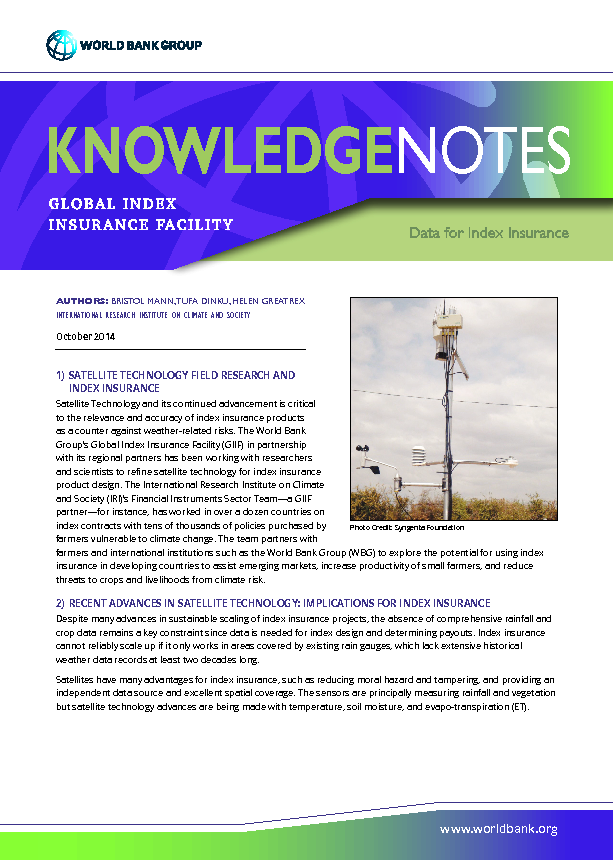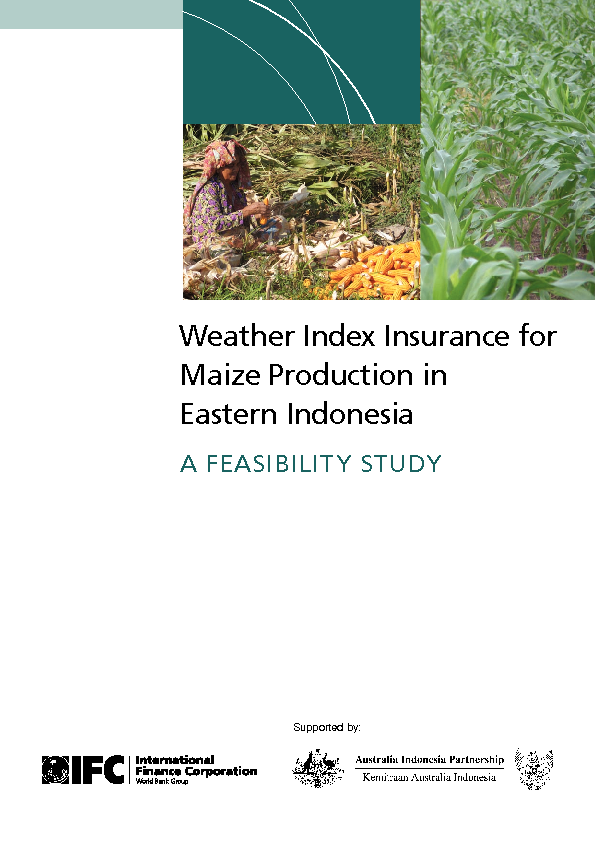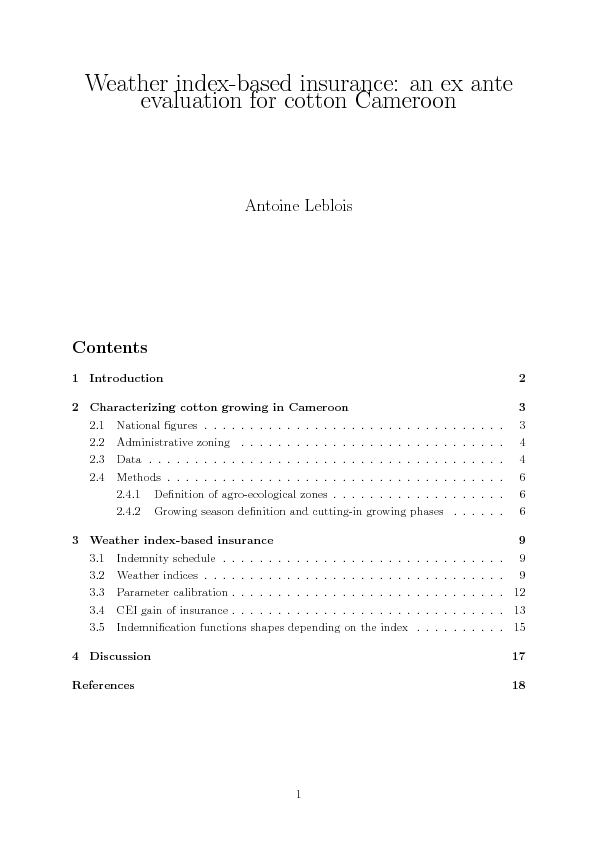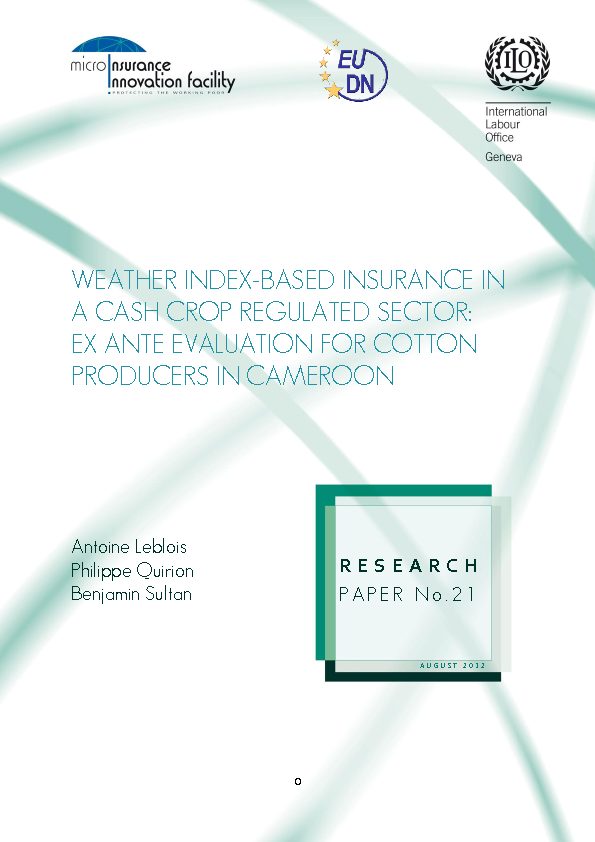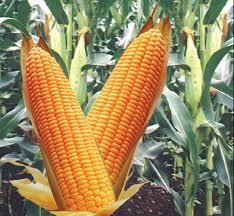
Tue, 01/13/2015
Topics:
GIIF, a member of the World Bank Group, signed two grant agreements, with a combined value of $3.9 million, with the Syngenta Foundation for Sustainable Agriculture to expand index-based insurance to small-scale farmers in Kenya, Rwanda and Tanzania. Index-based weather insurance can protect against the adverse effects of climate change and help to strengthen food security in rural communities.

